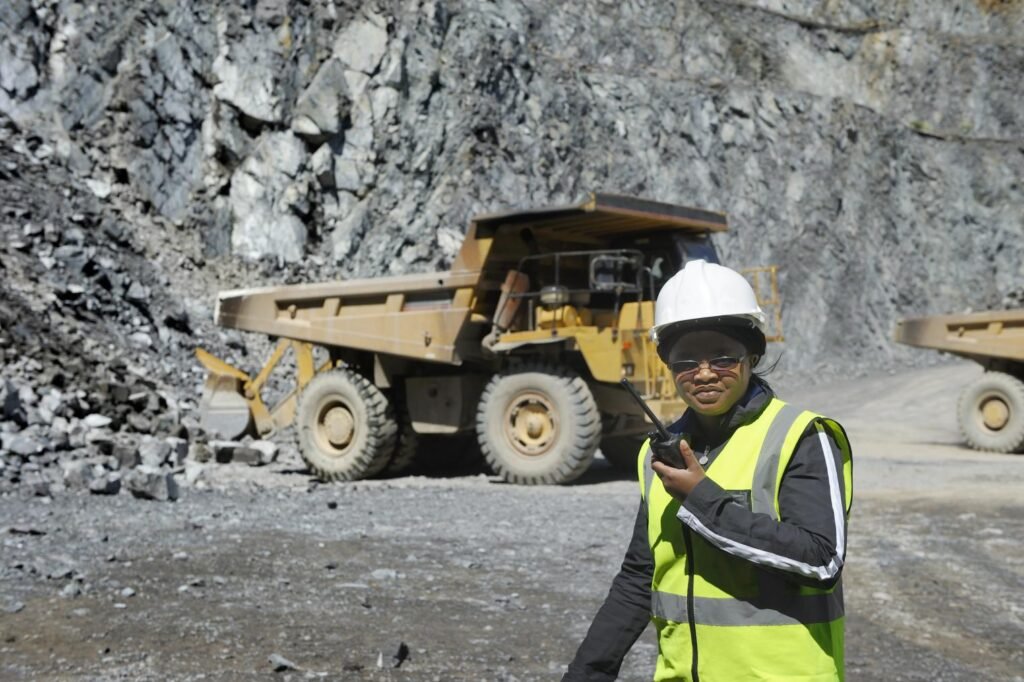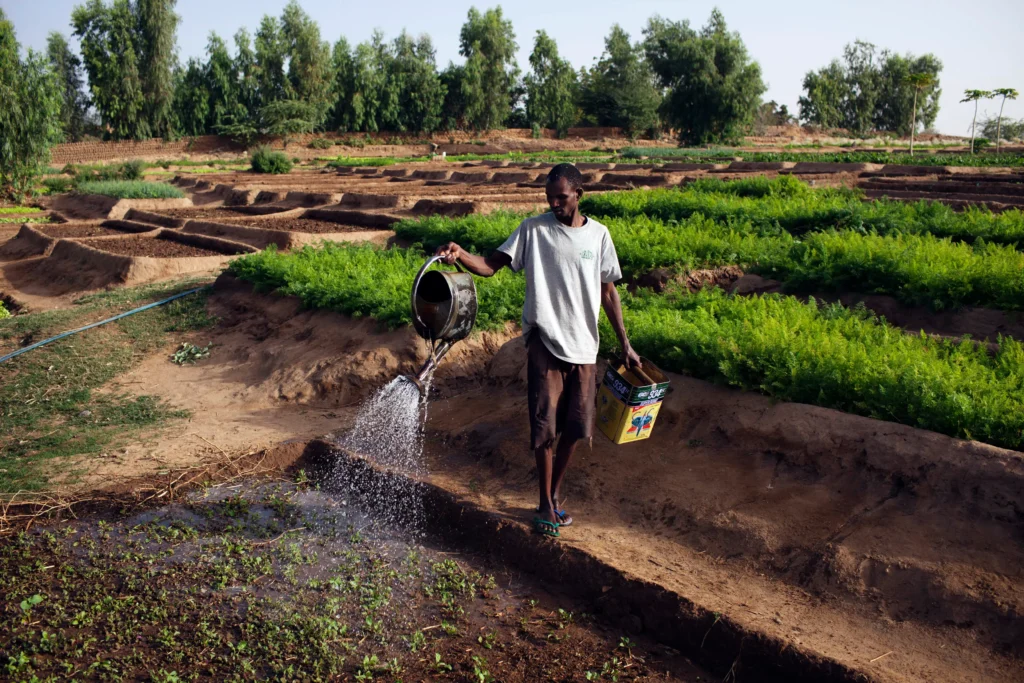Sudan Industrial Minerals & Rocks

Sudan is home to a wealth of natural resources, including a diverse range of industrial minerals and rocks that remain largely underdeveloped. With vast geological formations stretching across its arid plains and mountainous regions, the country holds significant potential for the extraction and utilization of non-metallic minerals essential to construction, agriculture, manufacturing, and export industries .
What Are Industrial Minerals & Rocks?
Industrial minerals and rocks are naturally occurring inorganic materials mined for their physical and chemical properties , not for metal content or energy. They are essential in:
- Cement and concrete production
- Soil conditioning in agriculture
- Ceramics, glass, and paper manufacturing
- Water treatment and filtration
In Sudan, these minerals are increasingly recognized as strategic assets for non-oil economic diversification .
Key Industrial Minerals & Rocks in Sudan
| Limestone | Nubian Desert, Red Sea Hills, Khartoum State | Cement, construction, lime production |
| Gypsum | River Nile State, Northern Sudan | Plaster, wallboard, cement retarder |
| Kaolin (Clay) | Blue Nile, Sennar, Kassala | Ceramics, paper, pharmaceuticals |
| Silica Sand | Along the Nile River, Dongola region | Glass, foundry molds, water filtration |
| Dolomite | Red Sea Mountains | Steelmaking, refractories, agriculture |
| Feldspar | Eastern Hills (near Eritrean border) | Glass and ceramic manufacturing |
| Talc | Central and Eastern Sudan | Cosmetics, paint, rubber filler |
| Salt (Halite) | Red Sea Coast, Bayuda Desert | Food, chemical industry, preservation |
These deposits are often found near the Nile River corridor , ancient mountain ranges, and coastal zones — making them accessible for future large-scale operations.
Current Uses & Local Applications
1. Construction Industry
Limestone and clay are used in local cement factories and handmade brick production , supporting urban expansion in cities like Khartoum, Omdurman, and Port Sudan

2. Agriculture
In areas with alkaline or saline soils, gypsum helps reclaim land by improving drainage and reducing sodium levels. Limestone is also used to adjust pH in farmland near irrigation schemes.

3. Artisanal and Small-Scale Processing
Many communities engage in manual mining and processing of kaolin and salt, often for domestic use or regional trade. Kaolin, locally known as “white clay” , is used in traditional crafts, cosmetics, and even dietary practices in some regions.

Economic & Export Potential
While much of Sudan’s mineral sector focuses on gold , there is growing interest in developing its industrial minerals sector for both domestic use and international trade.
Opportunities Include:
- Supplying cement-grade limestone to East Africa and the Middle East
- Exporting high-purity kaolin for ceramics and paper industries
- Developing silica sand resources for regional glass manufacturing
- Producing agricultural gypsum for soil improvement in neighboring countries
With improved infrastructure and investment, Sudan could become a regional hub for industrial mineral supply.
Challenges to Development
Despite its potential, Sudan faces several challenges in fully utilizing its industrial minerals:
- Limited modern mining equipment and technology
- Weak transportation and logistics networks
- Lack of detailed geological surveys and data
- Regulatory uncertainty and inconsistent policies
- Competition with informal mining sectors
However, recent government efforts to attract foreign investment and modernize the mining code offer hope for future growth.
Final Thoughts
Sudan’s industrial minerals and rocks represent a largely untapped resource with the power to transform its economy. From limestone for construction to kaolin for export , these materials can support job creation, infrastructure development, and sustainable revenue beyond oil and gold.
With strategic investment and responsible management, Sudan can unlock the full value of its geological wealth.
Frequently Asked Questions (FAQs)
Q1: What are the most abundant industrial minerals in Sudan?
A: Limestone, gypsum, kaolin, silica sand, and salt are among the most widely available industrial minerals in Sudan.
Q2: Is silica sand used in Sudan for glass production?
A: Currently, limited industrial use exists, but high-quality silica sand deposits offer strong potential for future glass and foundry industries.
Q3: Can Sudan export industrial minerals?
A: Yes — especially to markets in East Africa, the Gulf, and Egypt — if processing capacity and transport infrastructure are upgraded.

